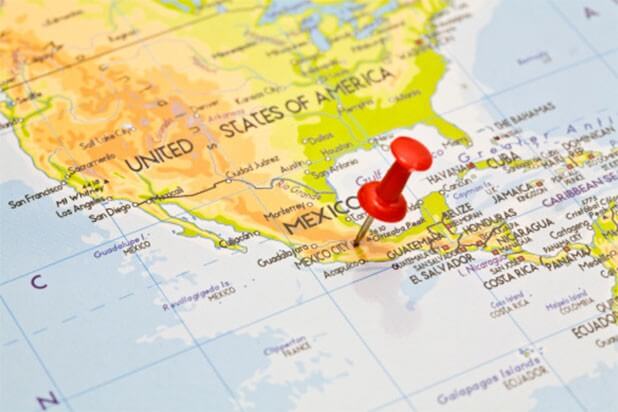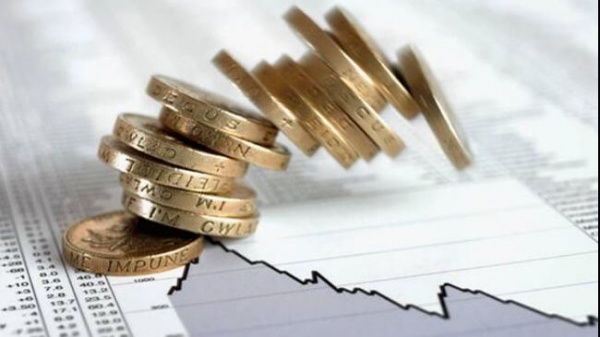RBC boss says chances of NAFTA being scrapped are rising
FROM: Thomson Reuters / 9 de Enero de 2018
TORONTO — Royal Bank of Canada’s Chief Executive Dave McKay said on Tuesday he believes there is now a greater chance that the North American Free Trade Agreement could be scrapped.
“I think the probabilities are increasing that you’ll have some type of dynamic where there is an announcement of a scrapping of NAFTA,” he said at a Canadian Bank CEO conference hosted by RBC in Toronto.
Canadian bankers have expressed concern about the progress of talks to rework the trade agreement and how renegotiations could hamper the ability of clients to do business with customers in the United States and Mexico.
McKay said he agreed with other business leaders and the Canadian government that no deal would be better than a bad deal.
“We don’t want to be stuck long-term with a deal that hurts our economy,” he said.
© Thomson Reuters 2018





